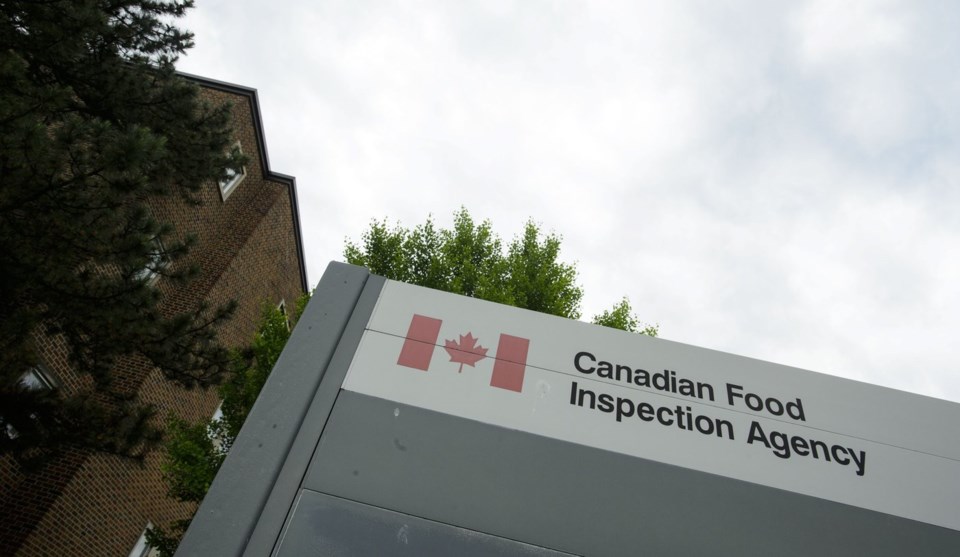OTTAWA ÔÇö A Federal Court decision has put a pause on enforcement of 91È¡┤┤ Food Inspection Agency guidelines for the ritual slaughter of animals.
The decision, issued Wednesday, says there are serious issues with whether the guidelines are unreasonable and if they encroach on Charter rights to equality and freedom of religion.
A group of agencies that certify kosher meat took the government to court earlier this month to ask for an injunction.
The guidelines outline how abattoirs must determine if an animal is unconscious and can no longer feel pain.
The group argued achieving the criteria is seriously slowing down production to the point abattoirs no longer want to provide the service, and has reduced access to kosher meat in Canada.
The decision says the government canÔÇÖt enforce use of the three indicators of animal unconsciousness under the guidelines until the court makes a final decision on the merit of the court application.
While the guidelines were posted in 2021, the court decision notes the food agency didnÔÇÖt start to enforce them at all slaughterhouses doing kosher slaughter until June 2023.
The guidelines require abattoirs to repeatedly test for rhythmic breathing, eye movement and blinking, as well as check tongue movement, the animalÔÇÖs posture and sounds the animal makes.
The decision says itÔÇÖs possible to ensure that food animals are unconscious "without the use of the three indicators of unconsciousness now mandated by the guidelines, by continuing the practice that has existed for many years before the adoption of the guidelines."
It says granting the injunction to stop the food agency "from strictly imposing the three indicators of unconsciousness will have a minimal impact on animal welfare and the public interest."
Shimon Koffler Fogel, president and CEO of the Centre for Israel and Jewish Affairs, said that while he was pleased with the decision, he was hopeful for a permanent solution that satisfies regulatory objectives and protects kosher food security.
"The Jewish community and CFIA are both committed to the highest standards of animal welfare, and we are confident that with goodwill, agreement can be reached," he said in a statement.
Kosher meat calls for animals to be slaughtered without being stunned while Islamic practices for halal meat allow the animal to be stunned after the initial cut if necessary.
Advocacy group Animal Justice says it is seeking intervener status in the case to push for the interest of the animals that are being slaughtered.
It said "veterinary experts and animal welfare organizations around the world" are opposed to non-stun slaughter "on the grounds that it involves cutting the throats of animals before hanging them upside down by one leg on a slaughter line, which can cause significant suffering if animals are not properly rendered unconscious by the cut."
It noted several European countries have banned stun-free slaughter while others mandate the stunning of animals after their throats are cut to reduce the chances conscious animals are hung up.
This report by The 91È¡┤┤ Press was first published July 24, 2024.
Anja Karadeglija, The 91È¡┤┤ Press



